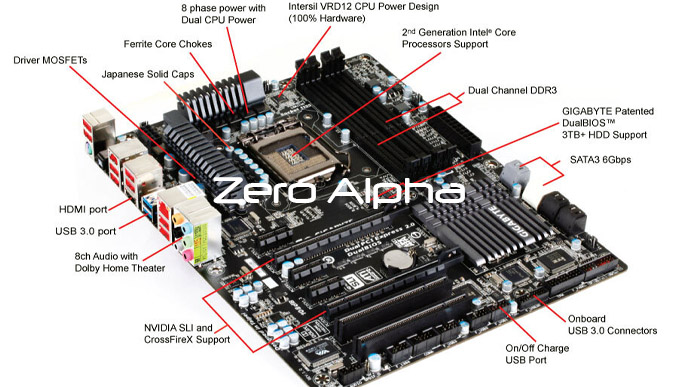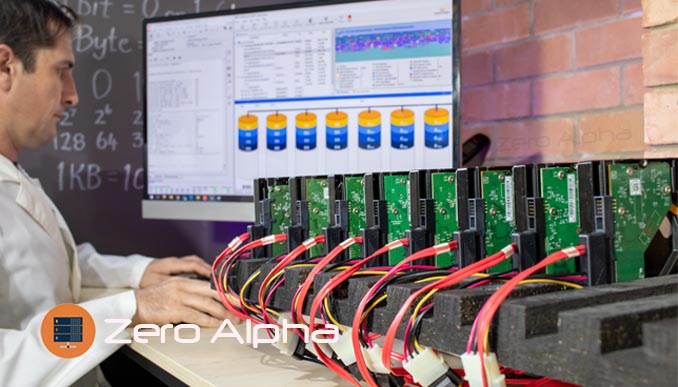Gigabyte RAID Motherboard Failure Data Recovery
There have been reports of RAID failures on Gigabyte brand motherboards, but it's important to note that RAID failure can occur on any brand of motherboard. RAID, or Redundant Array of Independent Disks, is a technology that allows multiple hard drives to act as a single drive, improving data protection and performance.
RAID failure can occur due to various reasons, including hardware failure, power outages, firmware or software issues, or user error. Gigabyte motherboards come with different RAID options, including RAID 0, 1, 5, and 10, and users must set up the RAID configuration properly to ensure data protection.
If you're experiencing RAID failure on a Gigabyte motherboard, there are a few troubleshooting steps you can try. First, check that all hard drives are properly connected and functioning. You can also try resetting the BIOS to default settings or updating the BIOS firmware. If the issue persists, you may need to replace the affected hard drive or seek professional assistance to recover the data.
It's always a good practice to have a backup of important data, regardless of the RAID configuration. RAID is not a substitute for data backup, and data loss can still occur due to various reasons. Therefore, it's essential to have a backup strategy in place to ensure data protection.

As a successful data recovery business, we have helped many customers who have experienced data loss due to Gigabyte motherboard RAID problems. Our expertise in RAID configurations, file systems, and data recovery techniques has enabled us to recover data from even the most complex situations.
One of the most common issues we encounter with Gigabyte motherboards is RAID failure. RAID, or Redundant Array of Independent Disks, is a technology that allows multiple hard drives to act as a single drive, improving data protection and performance. However, RAID failure can occur due to various reasons, including hardware failure, power outages, firmware or software issues, or user error.
Our team of experts has extensive experience in diagnosing and recovering data from RAID failures on Gigabyte motherboards. We start by analyzing the RAID configuration to determine the cause of the failure. We then use specialized tools and software to recover the data from the affected hard drives.
In some cases, we may need to repair or replace damaged components to restore the RAID configuration. Our technicians are skilled at identifying and repairing hardware issues, including failed hard drives, damaged controllers, or faulty power supplies.
Once we have recovered the data, we provide our customers with a detailed report of the recovery process, including a list of recovered files and folders. We also provide recommendations for future data protection and backup strategies to prevent similar data loss in the future.
At our data recovery business, we pride ourselves on our commitment to customer service and satisfaction. We understand how important data is to our customers, and we do everything we can to ensure a successful recovery. Our technicians are available 24/7 to answer any questions or concerns our customers may have.
In conclusion, if you're experiencing data loss due to Gigabyte motherboard RAID problems, it's important to seek professional assistance from a reputable data recovery business. With our expertise in RAID configurations, file systems, and data recovery techniques, we can help you recover your valuable data and provide recommendations for future data protection strategies. Contact us today to learn more about our data recovery services.
